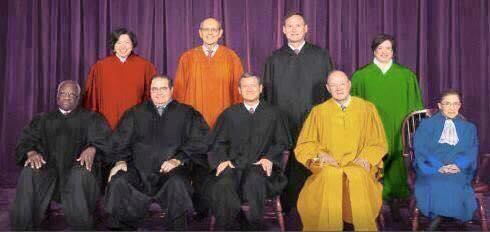No H-1B Visa Lottery Necessary for Institutes of Higher Education, Affiliated Non-Profits, and Government Agencies for Research
By Jessabelle M. Koppelman, Esq. and Julie Oliver-Zhang, Esq.
If you have the right employer sponsor, you can apply for an H1b visa anytime of the year and have no need to win a spot in the H-1B lottery. Every year, USCIS sets aside 85,000 H-1B visas that are subject to the lottery process. But did you know that some organizations are exempt from the cap? Qualifying organizations do not need to undergo random selection to compete for limited H1b visas. Indeed, federal law allows certain organizations to forego the lottery process, specifically:
- Institutions of higher education;
- Non-profit organizations related to or affiliated with an institution of higher education;
- Non-profit research organizations; and
- Government research organizations.
See INA § 214(g)(5)(A)-(B).
Determining if your organization is exempt from the H-1B visa cap can be tricky. Let’s take a look at some of the fundamental characteristics of institutions of higher education and related or affiliated non-profits.
Institution of Higher Education
USCIS relies on the Higher Education Act of 1965’s definition of “institution of higher education.” Under the Act, key characteristics of a college university are:
- Admits students with a certificate of graduation from a school that provides secondary education, or the equivalent;
- Authorized in the State to provide an educational program beyond secondary education;
- Provides an educational program that awards a bachelor’s degree or provides at least a two (2) year program that is acceptable towards a bachelor’s degree;
- Is a public or other non-profit institution; and
- Is accredited or pre-accredited.
Related to or Affiliated
The definition of an institute of higher education is clearly outlined, but how USCIS determines that a non-profit is “related to or affiliated” with such institutes is not as clear. To qualify for an H1b visa cap exemption, a non-profit petitioner can demonstrate that they are affiliated or related to an institution of higher education if they can prove at least one of the below prerequisites. Generally, that the non-profit is:
- Associated through mutual ownership or control by the same board or federation;
- Is operated by an institution of higher education; or
- Is attached to an institution of higher education as a member, branch, cooperative, or subsidiary.
Non-profits need to provide proof that they qualify for this exemption. Some evidence that USCIS may consider includes but is not limited to, By-Laws and Articles of Incorporation, IRS 501(c)(3) Designation Letter, documentation listing the mutual Board of Directors members, and agreements between the non-profit and institute.
Oliver-Zhang Law’s immigration attorneys recognize that the H-1B visa process can be confusing. That’s why our professionals are committed to guiding you every step of the way. We even provide free immigration consultations for individuals and companies that want to learn more about H-1B visas.
Contact us today to inquire about our immigration services. Call our experienced H1B attorneys ready to provide you with the best services at (202) 643-1110 or email us at [email protected]. We look forward to working with you.





